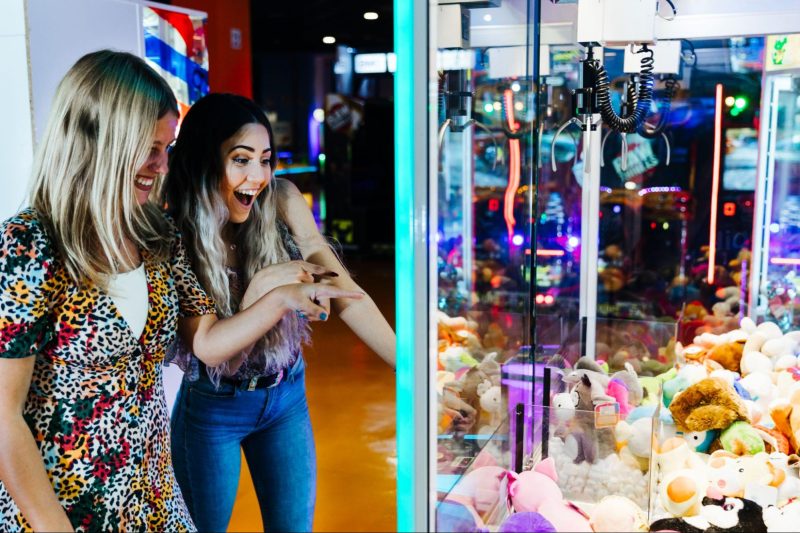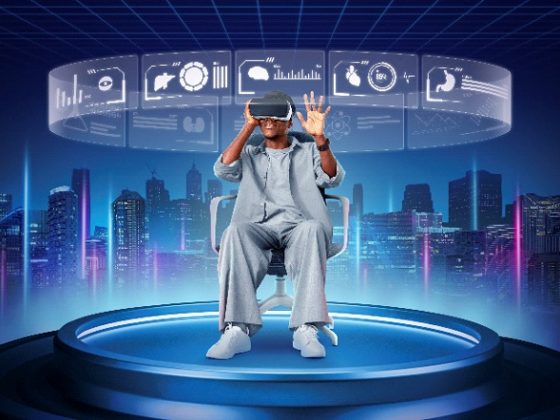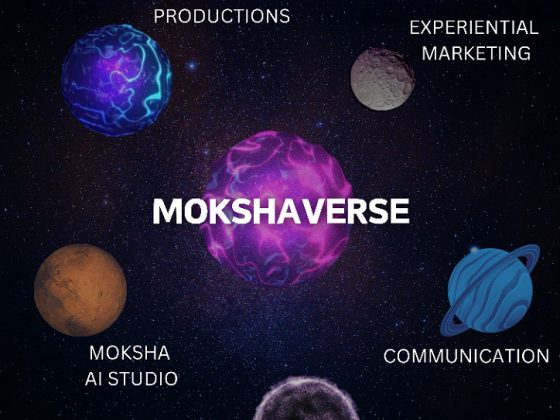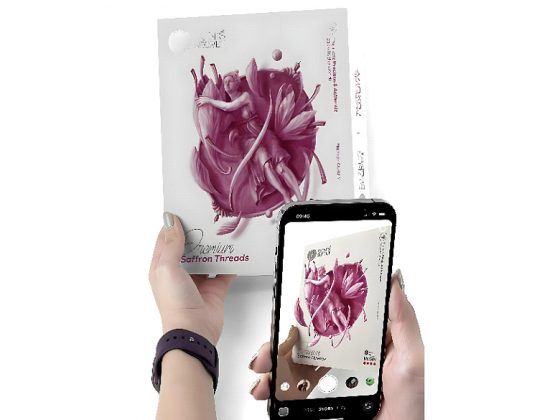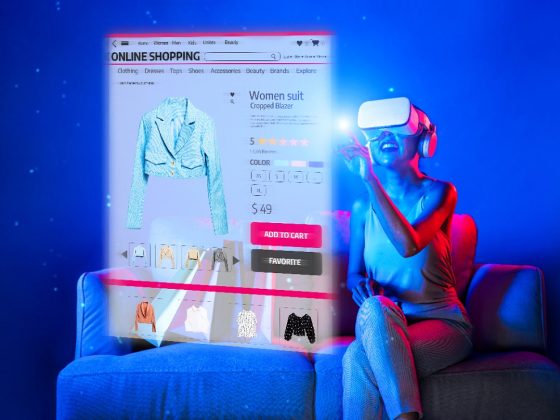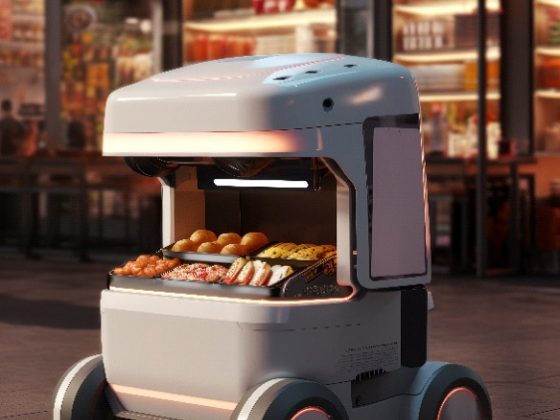
According to Gartner, by 2030, 40% of FMCG brands are expected to include AI-driven gamification as a core component of their digital strategies. The ability to create highly personalised, immersive experiences has the potential not only to meet but exceed consumer expectations. For instance, a brand could use AI to deliver customised challenges and rewards while employing VR to create a virtual environment where consumers can explore products in 3D, creating a profoundly engaging shopping experience that resonates with modern consumers.
Gamification’s Potential to Shape FMCG Marketing
Gamification reshapes marketing by transforming brand interactions into memorable, enjoyable experiences that resonate with consumers. As digital technologies continue to evolve, the potential for gamification in FMCG seems boundless, providing brands with innovative ways to deliver personalised and immersive experiences. For FMCG companies striving to stand out, gamification offers an invaluable opportunity to engage consumers as passive buyers and active participants in a shared brand journey.
By investing in gamification strategies, brands can enhance consumer loyalty, boost sales, and redefine consumer-brand interactions. As younger generations continue to demand engaging, interactive experiences, the brands that embrace gamification will likely enjoy a competitive advantage, forging stronger, more enduring relationships with their consumers. The future of FMCG marketing lies not only in products but in the experiences that surround them, and gamification is at the forefront of this transformation.

